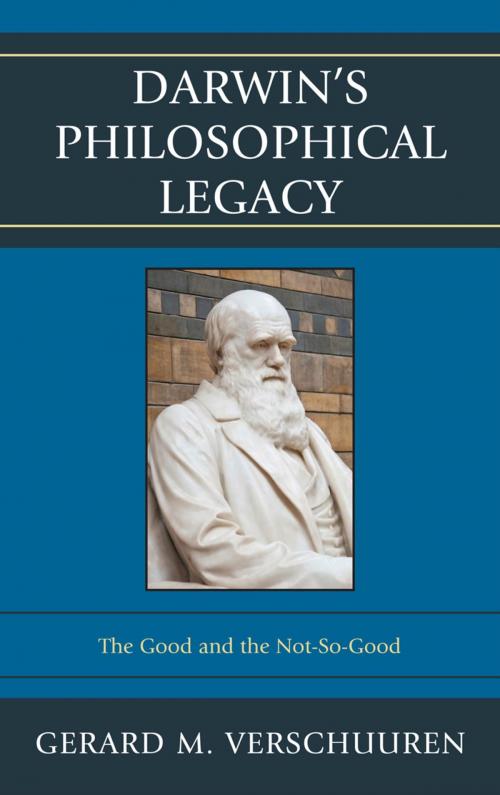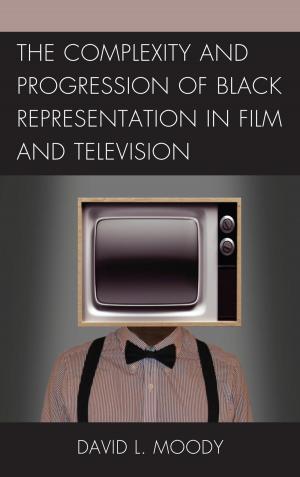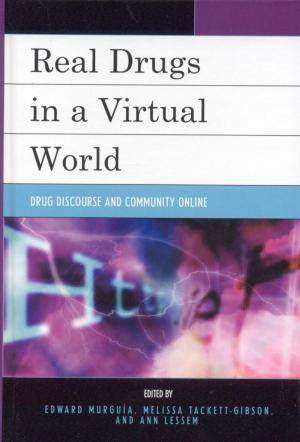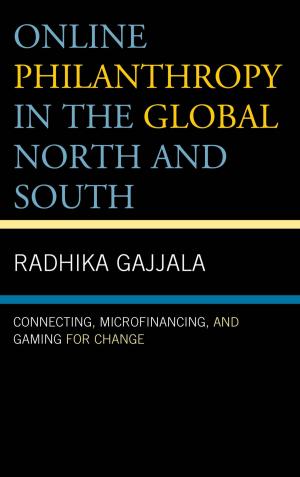Darwin's Philosophical Legacy
The Good and the Not-So-Good
Nonfiction, Religion & Spirituality, Philosophy| Author: | Gerard M. Verschuuren | ISBN: | 9780739175217 |
| Publisher: | Lexington Books | Publication: | May 18, 2012 |
| Imprint: | Lexington Books | Language: | English |
| Author: | Gerard M. Verschuuren |
| ISBN: | 9780739175217 |
| Publisher: | Lexington Books |
| Publication: | May 18, 2012 |
| Imprint: | Lexington Books |
| Language: | English |
There is hardly any university, college, or even high school left where they do not teach Darwinism—and rightly so. Yet, most of these places do more preaching than teaching. They teach more than they should, and at the same time, they teach less than they should.
Most books on Darwinism are either oriented on biology or philosophy, but this book tries to combine both approaches, so it explains the biological aspects for (future) philosophers as well as the philosophical aspects for (future) biologists. It leaves Darwinism intact, but removes the “sting” that many of its opponents dislike. In what Verschuuren calls “The Good” parts of Darwin’s legacy, the author explores what Darwin’s great contributions are to the study and theory of evolution. At the same time, the book will also delve into the areas where Darwin’s thoughts were not so perfect or even wrong, especially in a philosophical sense – “The Not So Good” parts of his legacy.
Almost all books on the philosophy of biology, and neo-Darwinism in particular, were born in the cradle of logical positivism or linguistic analysis. This book, on the other hand, tries to cross the border between the physical and the meta-physical.
There is hardly any university, college, or even high school left where they do not teach Darwinism—and rightly so. Yet, most of these places do more preaching than teaching. They teach more than they should, and at the same time, they teach less than they should.
Most books on Darwinism are either oriented on biology or philosophy, but this book tries to combine both approaches, so it explains the biological aspects for (future) philosophers as well as the philosophical aspects for (future) biologists. It leaves Darwinism intact, but removes the “sting” that many of its opponents dislike. In what Verschuuren calls “The Good” parts of Darwin’s legacy, the author explores what Darwin’s great contributions are to the study and theory of evolution. At the same time, the book will also delve into the areas where Darwin’s thoughts were not so perfect or even wrong, especially in a philosophical sense – “The Not So Good” parts of his legacy.
Almost all books on the philosophy of biology, and neo-Darwinism in particular, were born in the cradle of logical positivism or linguistic analysis. This book, on the other hand, tries to cross the border between the physical and the meta-physical.















